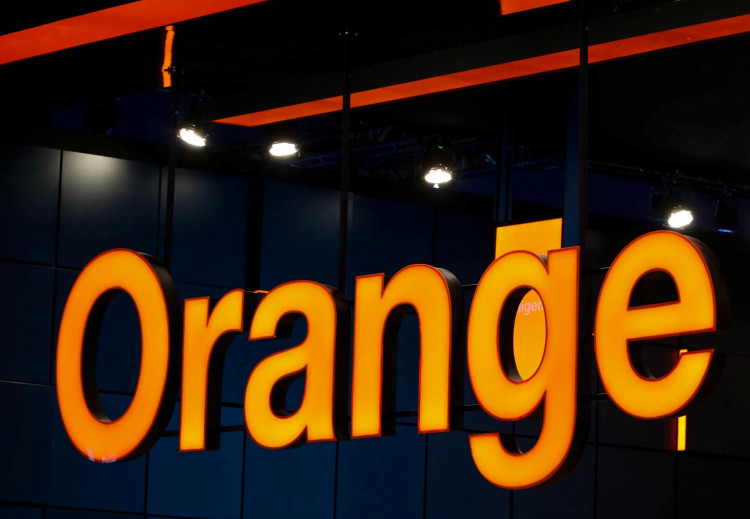Nokia continues to take advantage of the consistent pressure placed upon its Chinese competitor, bagging another pair of big-time 5G deals.
Proximus and Orange Belgium have decided that Nokia is the ideal company to help Belgium build its 5G infrastructure as they snub Huawei in the face of U.S. pestering to keep the Chinese group out of supplying major telecoms hardware.
Proximus and Orange have turned to the Nordic tandem of Nokia and Ericsson for a 5G refurbishment that will leave the groundwork free of any Chinese tech gadgetry by 2023.
The two biggest operators in Belgium have a radio access network-sharing contract and will modernize second up to fourth-generation RANs and launch 5G, having both opted for Nokia on technological, operational, and financial grounds.
The moves are one of the first by commercial entities in Europe to turn their backs on Huawei from next-generation tech projects and come following months of diplomatic heat from Washington, which claims Huawei hardware could be a conduit for espionage by the Chinese government.
Proximus availed of Huawei's services back in 2009 to establish a "single RAN" interconnectivity infrastructure, supporting all the breeds of mobile engineering on one platform. Orange was engaged in a similar project two years earlier for the Belgian and Luxembourg governments.
Proximus is the only tech group in Belgium to have rolled out a commercial 5G network with services available at 110 different locations in 62 cities.
Huawei, for its part, was not bitter with the decision, saying the selection was simply an outcome of the natural competitive landscape between operators. According to a company representative, "it is the outcome of a tender organized by operators and the result of the global free market," Total Telecom quoted the Huawei spokesperson as saying.
Brussels, Belgium's capital, is home to the NATO coalition and the European Union's executive and parliament, making the 5G undertaking a matter of deep worry for U.S. intelligence groups.
Independent Danish telecoms consultant John Strand noted that Belgium has been "100 percent dependent on Chinese tech vendors for its radio networks - and people who work at NATO and the EU were making mobile phone communications on these networks," Reuters quoted Strand as saying.
Analysts said Belgium's selection of Nokia for its RAN program could prove a commercial edge to Proximus and Orange in the future. The two major operators join multiple other service providers in northern Europe that are getting rid of the Chinese company.






